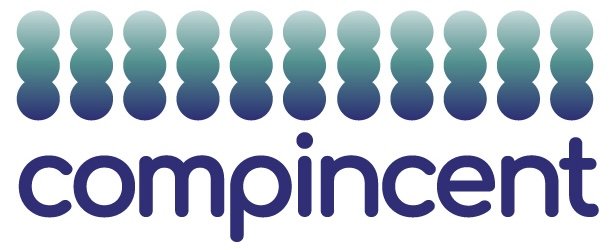Quick guide: SPM, ICM and Total Pay explained
If you’re a compensation expert or SPM technologist, this article is not for you. But if you’re less familiar with strategies, specialisms and technology platforms that support compensation management, we hope it will be a helpful explainer for these three key terms that we use a lot when we’re talking to customers. We know not everyone eats, breathes and sleeps compensation solutions like we do!
Sales Performance Management (SPM)
A comprehensive approach to managing, analysing and optimising sales team performance. It includes tools, processes, and strategies that help organisations build and manage their sales operations, motivate sales staff and align sales activities with business goals. Core SPM activities are incentive compensation management, territory and quota planning, sales forecasting, and performance analytics. SPM helps businesses provide sales reps with fair and motivating compensation, while giving them insights that help them make data-driven decisions to boost revenue. SPM platforms are automated technology solutions that provide these tools and functions and can be customised to match the organisation’s specific sales goals and approach. They typically include modules for territory and quota planning, analytics, forecasting, and coaching tools, alongside ICM capabilities.
Incentive Compensation Management (ICM)
The process of designing, administering and optimising incentive programmes that reward employees based on their performance. ICM aims to align employee behaviours with business objectives by offering financial incentives such as commissions, bonuses, and performance-based pay. ICM systems help automate complex compensation calculations, track individual and team performance, ensure payout accuracy, and provide real-time insights. Well-managed ICM programmes foster transparency, boost morale, and support strategic goals by rewarding high-achievers. ICM is a key component within SPM, with SPM offering a broader toolkit for comprehensive sales performance management.
Total Pay
This is the entire compensation an employee in any function (not just sales) in any industry or organisation receives for their work, including direct and indirect earnings. It includes base salary or hourly wages, variable pay (bonuses and commissions) and any extra financial incentives. Total Pay also often covers non-cash benefits like health insurance, retirement contributions, stock options, retail discounts, wellbeing benefits and paid time off. Total Pay is sometimes called Total Compensation. It’s the full value an employer provides to employees beyond just salary, encompassing everything that makes up their overall earnings and benefits package.
Need to know more? Get in touch with our expert team and we’ll be happy to talk you through any aspect of Total Pay, SPM, ICM or any other related topic.
